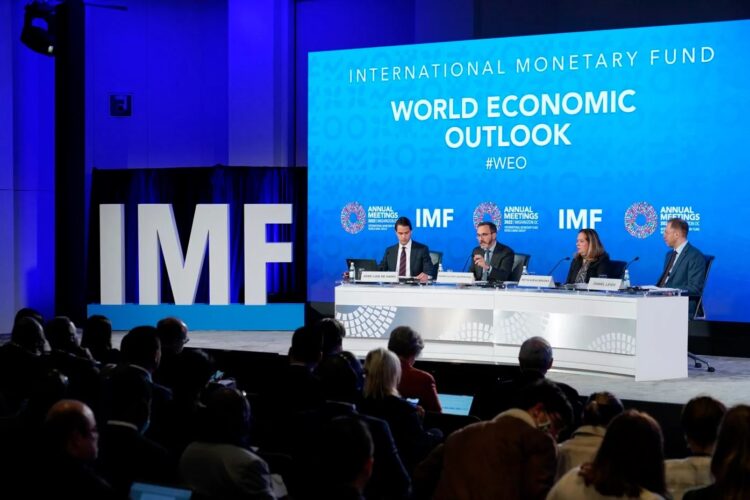The organisation cited recent measures by the government to reduce insecurity in the oil sector and protect oil facilities for the upgrade.
This was contained in its World Economic Outlook Update (January 2023) report, where it stated that growth across sub-Saharan Africa will moderate at 3.8 per cent in 2023 amid prolonged fallout from the COVID-19 pandemic.
It said, “In sub-Saharan Africa, growth is projected to remain moderate at 3.8 per cent in 2023 amid prolonged fallout from the COVID-19 pandemic, although with a modest upward revision since October, before picking up to 4.1 percent in 2024.
“The small upward revision for 2023 (0.1 percentage point) reflects Nigeria’s rising growth in 2023 due to measures to address insecurity issues in the oil sector. In South Africa, by contrast, after a COVID-19 reopening rebound in 2022, projected growth more than halves in 2023, to 1.2 percent, reflecting weaker external demand, power shortages, and structural constraints.”
The IMF report also indicated that growth in the global economy will slow down in 2023 before bouncing back in 2024, citing the impact of the global fight against inflation and Russia’s war in Ukraine.
“Growth is forecasted to slow from 3.4 per cent in 2022 to 2.9 per cent in 2023, then rebound to 3.1 per cent in 2024.”
The organisation further pointed out that its January forecast is a lot less gloomy than the October forecast and could hint at a turning point, with growth bottoming out and inflation declining.
“Economic growth proved surprisingly resilient in the third quarter of last year, with strong labour markets, robust household consumption and business investment, and better-than-expected adaptation to the energy crisis in Europe.
“Inflation, too, showed improvement, with overall measures now decreasing in most countries—even if core inflation, which excludes more volatile energy and food prices, has yet to peak in many countries.
“Elsewhere, China’s sudden re-opening paves the way for a rapid rebound in activity. And global financial conditions have improved as inflation pressures started to abate. This, and a weakening of the US dollar from its November high, provided some modest relief to emerging and developing countries,” the IMF stated.









